✍ In this Article: The Issue with DIY Extension Leads; EV-Compatible Extension Leads; The Critical Need for RCD protection; Practical Tips for Safe Use of EV Extension Leads

The Issue with 'DIY' Extension Leads ⚠️
Most extension leads found online and local DIY stores often fall short in safety and functionality for EV charging. They lack the required cable specifications and built-in protection features to withstand the high, sustained loads drawn by EVs, and are not suitable for continuous outdoor use, which can pose a hazard in adverse weather conditions. To address these issues, it is highly recommended to use extension leads specifically engineered for EV use, such as our 13A Weatherproof Extension Lead, which ensures safety and functionality under both normal and extreme conditions.
EV-Compatible Extension Leads
Extension leads for EV portable charging should be constructed using industrial-grade components to ensure they can handle the demands of sustained high-current applications, such as EV charging. Unlike typical DIY extension leads made with low-cost PVC, these specialised leads are equipped with a minimum of 1.5 mm² H07RN-F industrial specification cable. This robust cable is engineered to endure high mechanical strain, as well as exposure to chemicals, water, and UV light. It is capable of handling continuous currents of 10A, and peak currents of up to 13A. The cable maintains performance and flexibility across a wide temperature range, from -25 degrees to +60 degrees Celsius, making it particularly suitable for the climate of the British Isles. EV portable charger extension cables built to this specification perform reliably in wet conditions and the cables themselves are rated for submersion up to a depth of 100 meters, although it is never recommended to use them under such extreme conditions.
At Stella Charge, our EV Extension Leads are equipped with IP66 weatherproof sockets that securely fit all granny charger plugs, providing essential protection for extended outdoor use.
The Critical Need for RCD protection
It is absolutely vital that extension leads for portable electric vehicle charging are protected by a residual current device (RCD). RCDs are critical, life-saving safety devices that protect users from fatal electric shocks by instantly breaking the circuit if a leakage current is detected. This feature is especially important in applications that require sustained high currents, such as EV charging, and in outdoor environments where the combination of electricity and external elements like weather can increase the risk of accidents. RCDs offer an invaluable level of personal protection that ordinary fuses and circuit-breakers cannot match.
Our EVSE Extension Leads are designed with built-in inline RCDs integrated directly into the cable. Boasting a minimum IP66 rating, they maintain the water-resistant qualities of the extension cord, giving you peace of mind when charging your electric car, Type 1 or Type 2, outdoors.
Practical Tips for Safe Use of EV Extension Leads
When using EV portable charger-compatible extension leads, consider following the recommendations below to ensure your safety and optimal charging performance:
- Always ensure your extension lead is fully uncoiled before plugging in the granny charger. This prevents overheating and helps safeguard both you and your electric vehicle.
- For safety, never connect multiple extension leads together ("daisy-chaining"); instead, use a single extension lead that is long enough for your needs.
- While some portable chargers can adjust charge rates, it is advisable to limit the current to under 10A for prolonged use. This helps prevent damage to the charger, extension lead, or socket. Although our extension lead is compatible with a standard UK 13A socket, and a UK 13A plug can supply up to 13A for short periods, it may overheat if such a high current is drawn for extended durations.
- Consider making it an annual routine to check your extension lead to ensure all connections are secure and the unit is in good condition.
- Always follow the manufacturer’s guidelines before using our EV portable charger extension leads. We do not recommend their blanket use due to varying manufacturer advice and charging scenarios. Ensuring compatibility with the charger is the user's responsibility.
Further guidance is provided in the Quick User Guide supplied with your EV portable charger extension lead package.








